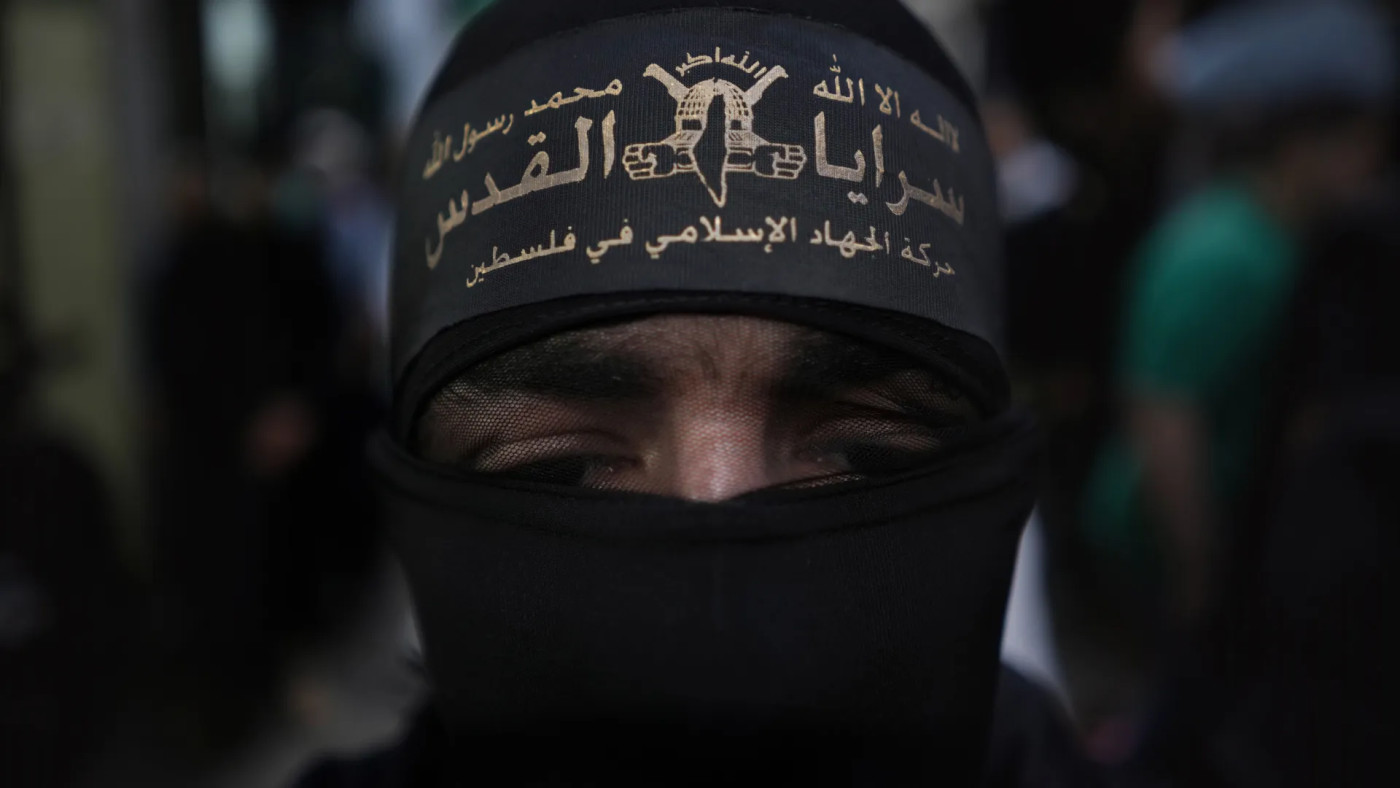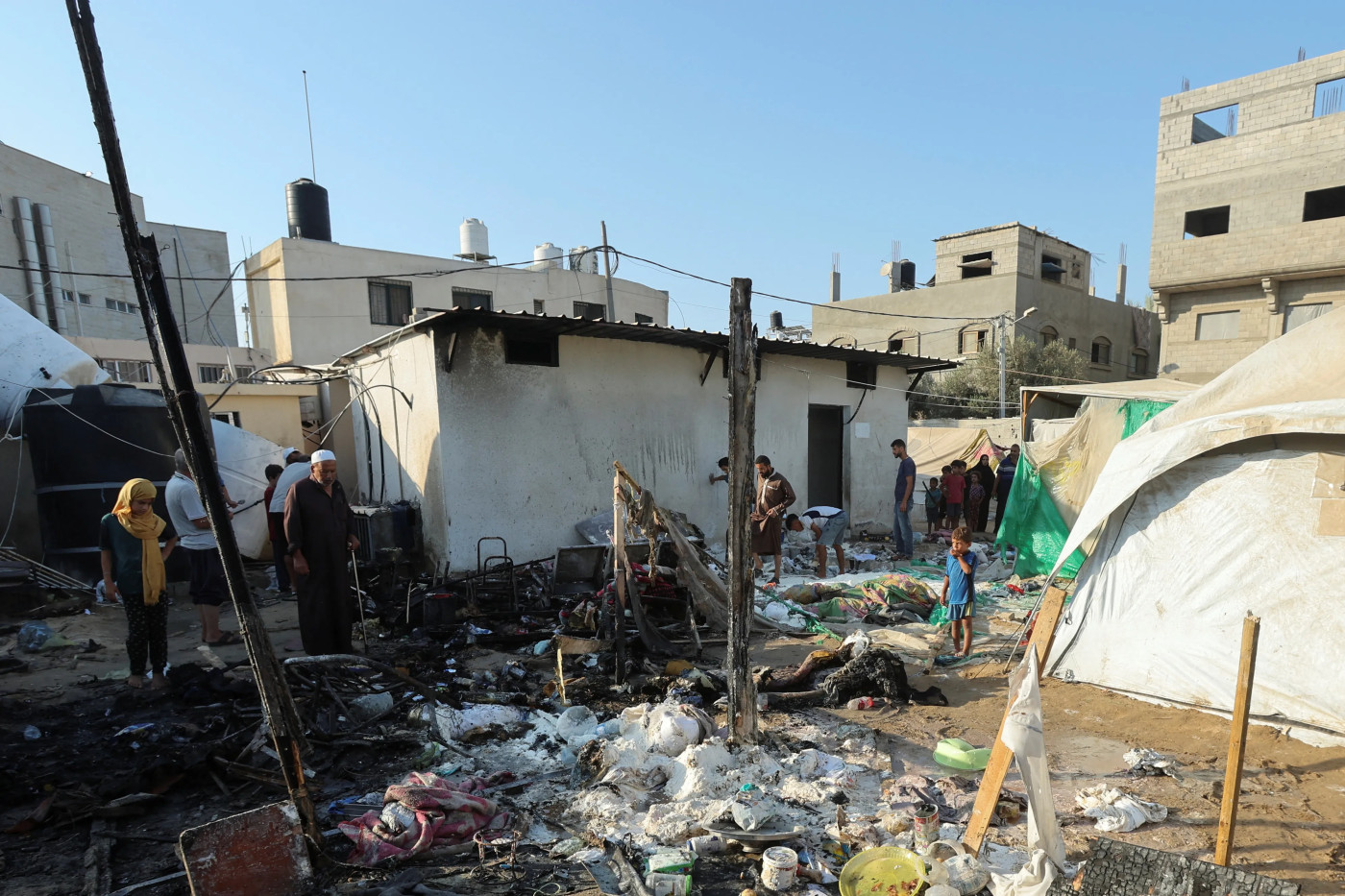Russia's Summer Offensive Failure
Russia will not launch a new, coordinated offensive along the hundreds of miles of front lines in eastern Ukraine this summer, according to Kyiv authorities and Western analysis, while Moscow says it has seized control of another village in the Donetsk region.
"A repeat of a broad offensive along the entire front line, like in February 2022, is out of the question for now," Andriy Yusov, a spokesperson for Ukraine's GUR military intelligence agency, told Newsweek.
When Moscow launched its full-scale invasion of Ukraine in February 2022, the Kremlin quickly expanded its reach from parts of the Donetsk and Luhansk regions that were under separatist control to swathes of north and eastern Ukraine.
Moscow has also held Crimea, a peninsula to the south of mainland Ukraine, since 2014.
Ukraine retook territory, including in the northeastern Kharkiv region, in a lightning counteroffensive in fall 2022.
Yet Russia has slowly, but steadily, gained territory in eastern Ukraine, claiming the Donetsk city of Avdiivka in February 2024 and moving west in the months since.
Moscow's forces have inched toward the strategic defensive city of Pokrovsk, and Ukraine has consistently reported the fiercest clashes along this section of the front line.
On Sunday, Russia's Defense Ministry said its forces had captured Novoselivka Persha, a settlement west of Avdiivka and southeast of Pokrovsk. Newsweek could not independently verify this.
In early May, Russia launched a cross-border offensive into the Kharkiv region. Ukraine quickly said the opening up of a new front was designed to pull its vital resources away from the hotspots in the east.
However, in late July, the Institute for the Study of War (ISW), a U.S.-based think tank, said Russian forces were "unlikely to mount a distinct new summer offensive operation due to material and manpower constraints."
Moscow had been pushing ahead with a "localized" effort in the west of Ukraine's Donetsk region at the end of the month, but "likely lack the wider operational capacity to mount a separate renewed offensive operation in Donetsk Oblast or elsewhere on the front this summer," the ISW evaluated.
This assessment is broadly correct, agreed Nick Reynolds, a research fellow in land warfare at the London-based Royal United Services Institute (RUSI) think tank.
But the situation is "fragile for both sides" and "very unpredictable," he told Newsweek.
Analysts and officials say Moscow is waging an attritional war, hoping to grind down opposition fighters and Kyiv's reserves of equipment before the Kremlin runs low on its own resources.
While Western intelligence indicates Russia has received supplies from allies like Iran, China and North Korea, Moscow also quickly put its defense industry on a war footing and has leaned on vast stockpiles of mothballed Soviet equipment.
Russia's gains have been fueled by high casualty counts among its personnel, and in recent months, Ukraine has frequently reported that more than 1,000 of Moscow's fighters are sustaining injuries or are being killed each day.
Estimates from Kyiv indicate Russia is able to pull around 30,000 new recruits into its military each month.
Ukraine receives significant aid from its Western backers, including military vehicles. But despite public declarations of ironclad commitments to Kyiv from NATO, there are pressing questions over the future of military aid deliveries should former President Donald Trump clinch victory in the U.S. elections later this year.
However, Ukrainian President Volodymyr Zelensky confirmed on Sunday that F-16 fighter jets, donated by at least one of Kyiv's supporter countries, were already operational after days of reports suggesting the aircraft had arrived. Kyiv hopes to use the advanced aircraft to stave off Russian efforts and beef up its air defenses.
A large-scale offensive from Russia could be more likely next year, Reynolds suggested, although Moscow could attempt further smaller-scale operations before then.
Offensive pushes have typically come in the spring or summer, avoiding the muddy season coming straight after the winter or in late fall. Tanks and armored vehicles get bogged down in off-road patches, forcing their operators to stick to well-paved roads.
Disclaimer: The copyright of this article belongs to the original author. Reposting this article is solely for the purpose of information dissemination and does not constitute any investment advice. If there is any infringement, please contact us immediately. We will make corrections or deletions as necessary. Thank you.


